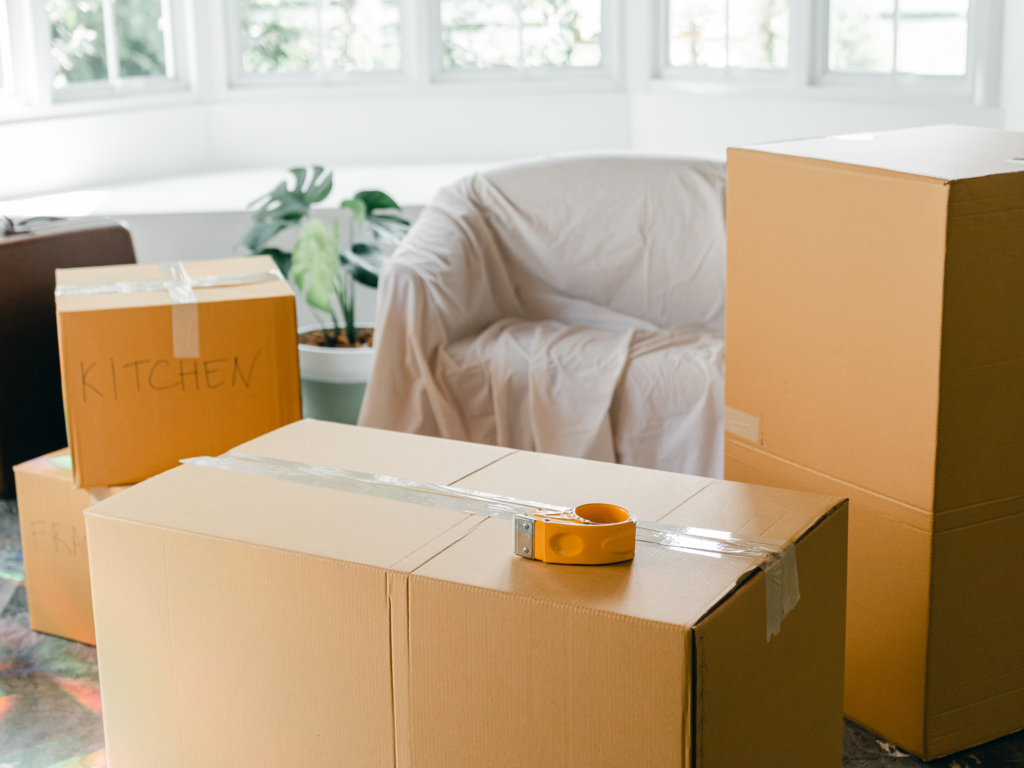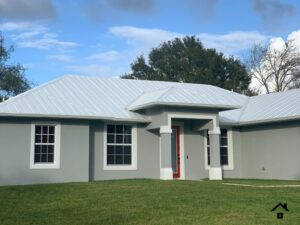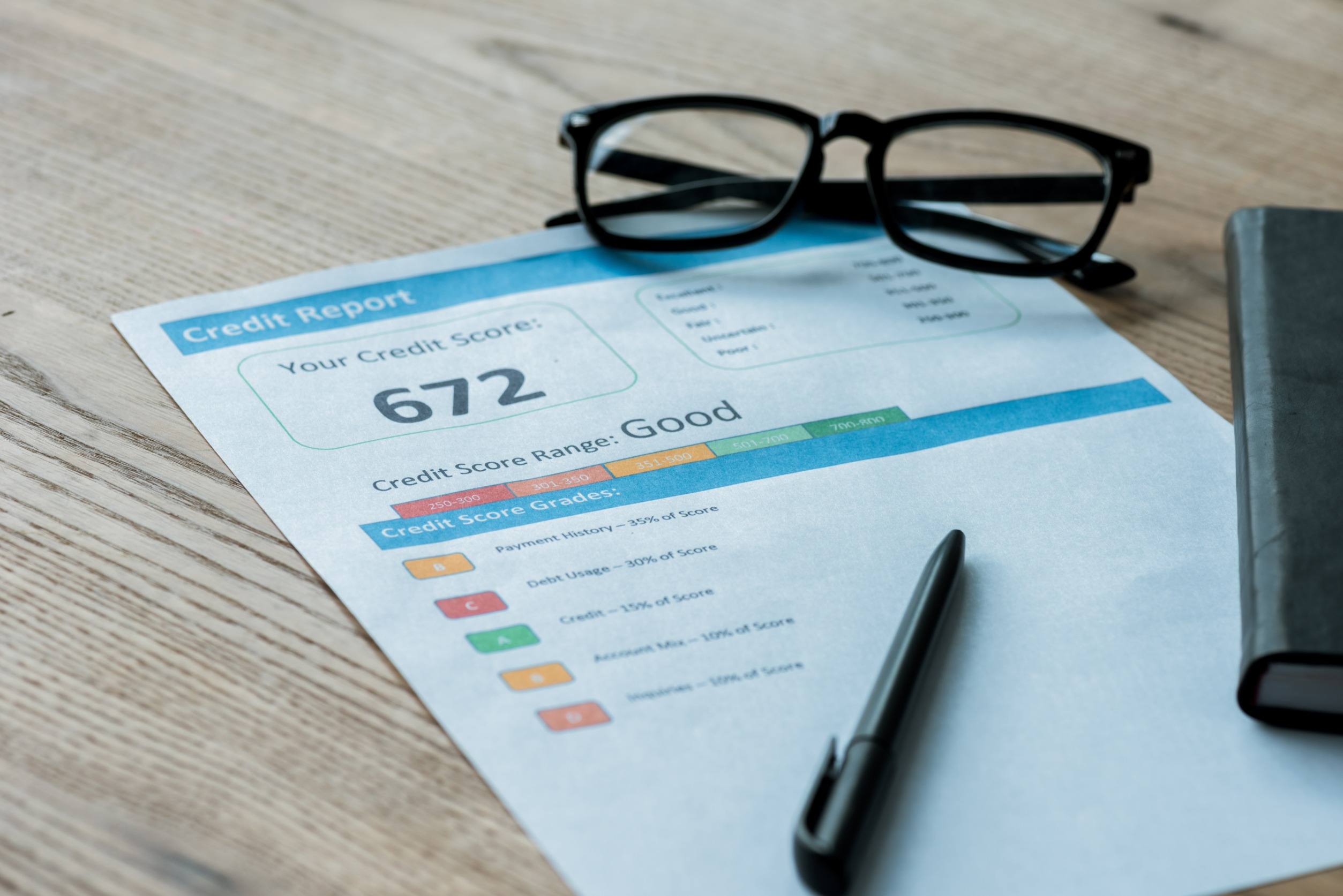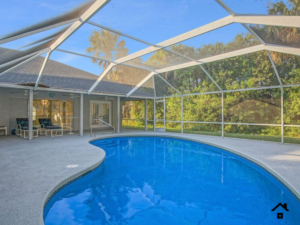Thinking about buying a home in the Port Saint Lucie area? How much money do you need to buy a house?
As real estate agents in Port Saint Lucie, we get this question frequently, particularly from first-time home buyers.
Many first-time home buyers fixate on the listed sales price.
But let us not overlook other fees and expenses when buying a house.
To help home buyers prepare for all the costs they’ll encounter during the purchase process, check out these upfront expenses and fees of buying a home and the long-term costs of owning your first home.
Here’s a breakdown of key expenses to keep in mind:
Let’s start with the money you will start the transaction with.

Earnest Money Deposit
When you make an offer on a home, part of that offer can include a little show of good faith on your part, in the form of cash. This is the Earnest Money Deposit. (Read More: How much is needed for Earnest Money)
This cash is offered to show the sellers of a home that you’re serious about purchasing the property.
When you go to the closing table, it becomes part of your cash-to-close equation, which includes other line items like the rest of your down payment, your closing costs, and your prepaid items.
Inspections
We highly encourage a professional home inspection. A house inspector is a qualified expert who assesses a residential property’s state to find any potential problems or flaws. You can find your own, or choose one of our recommended vendors.
The inspector normally examines structural elements, electrical and plumbing systems, HVAC (heating, ventilation, and air conditioning) systems, roofing, insulation, and other visible and reachable parts of the home.
You will receive a thorough report outlining any issues or concerns discovered during the inspection, along with suggestions for repairs or additional expert review.
Other separate inspections might include:
- Wind mitigation and 4-point
- Septic inspection
- Pool inspection
- Wood destroying Insects
Sometimes these might be bundled in the costs, other times, they might be separate services. We have seen costs as low as $395 up to $700 depending on services.
Once you get past the inspection period, you’ll be done with out-of-pocket up-front costs. The rest of the funds will be needed by closing.

Down Payment
Your down payment is a substantial upfront cost, typically a percentage of the home’s purchase price.
Saving diligently can help you secure a mortgage with favorable terms and reduce your monthly payments.
A typical minimum is 3.5% for a first-time home buyer with an FHA loan.
Some lenders will have down payment assistance. VA loans for veterans will allow for zero.
Sometimes lenders work different solutions to get this lower. The more money that you can put as your down payment, the lower your monthly payment will be.
Loan Costs
If you will be financing your purchase, your mortgage comes with additional costs, such as loan origination fees, points, and mortgage insurance premiums.
This will be part of your cash needed at closing. As you work with your lender, your lender will give you a good estimate.
We’ve seen about 2%-4% of the purchase price. They are paid at closing.
You will also have advance collection for taxes and insurance depending on the timing of your purchase and the rules of your lender.
Closing Costs
Closing costs include various fees such as attorney fees, title insurance, appraisal fees, and recording fees. These costs typically range from 1% to 2% of the home’s purchase price and are paid at closing.

Moving Expenses
Don’t forget to account for the costs of moving your belongings to your new home. Whether you hire professional movers or handle it yourself, expenses can add up for packing materials, truck rentals, and transportation. It is hard to give an estimate because it varies on distance you are moving, whether that’s 15 miles with your friends help, or cross country.
Ongoing Expenses When Buying Your Home
Once you are in your home, you’ll have regular expenses that are part of home ownership:
Property Taxes and Insurance
For many borrowers, 1/12 of the annual projected amount for property taxes and insurance will be collected with the monthly payment and held by the lender until the payment time.
Every so often, you’ll receive a notice from your lender of a change to your monthly payment as those rates will change. You’ll have the option of paying the lump sum difference to keep the same payment or accepting the change.
HOA Fees
If you choose to live in a Home Owners Association, you will have monthly or quarterly dues for the amenities. Many of the HOA communities may have two HOA fees, one for the master property association, and one for your particular subdivision. All of those costs will be shared with you before you purchase the property.
Special Assessments may happen from time to time in HOA or condo communities. In some of our current times, for example, condo complexes are having to charge a special assessment to update their roof, or update their emergency reserves.
Utilities, Maintenance, and Repairs.
As a homeowner, you cover 100% of the cost of heating, cooling, and lighting your home. If you are connected to public water and sewer, you’ll have that bill as well. If you choose to add internet or cable TV packages, that cost is there too. New homeowners can be surprised by the size of their utility bills.
You’ll also need to budget for maintenance and repairs. As the homeowner, you’re on the hook for regular maintenance and all repairs, like fixing a noisy water heater or replacing an HVAC that stopped working.
Emergency Fund
Starting an emergency fund before buying a home is a smart money move. An emergency fund can help cover costly repairs, especially the surprise or urgent ones. Your emergency fund should be separate from your down payment and kept in a place where you can access it quickly, like a savings account. Promptly covering repairs can help prevent long-term property damage. For example, if a pipe bursts, you’ll want to have cash available to call in a plumber ASAP.
The Bottom Line
The costs of buying a house will add up. But with planning and enough savings, you’ll be prepared to pay for everything beyond the home’s list price. That may mean considering a less expensive home to ensure your new home and its upfront and ongoing expenses don’t strain your budget.
Remember, being aware of these costs upfront and planning accordingly will help you navigate the homebuying process with confidence.
Ready to embark on your homeownership journey?
Your first step for a home in the Treasure Coast area of Florida is to choose a real estate agent.
Read more: How to Choose the Best Real Estate Agent
Though we specialize in Port St Lucie, and help people from Vero Beach to Palm Beach with buying a home, we have a national referral network to help you find that right agent.
Book a Free Consultation Call with us to see how we might be able to help you on your home ownership journey.



